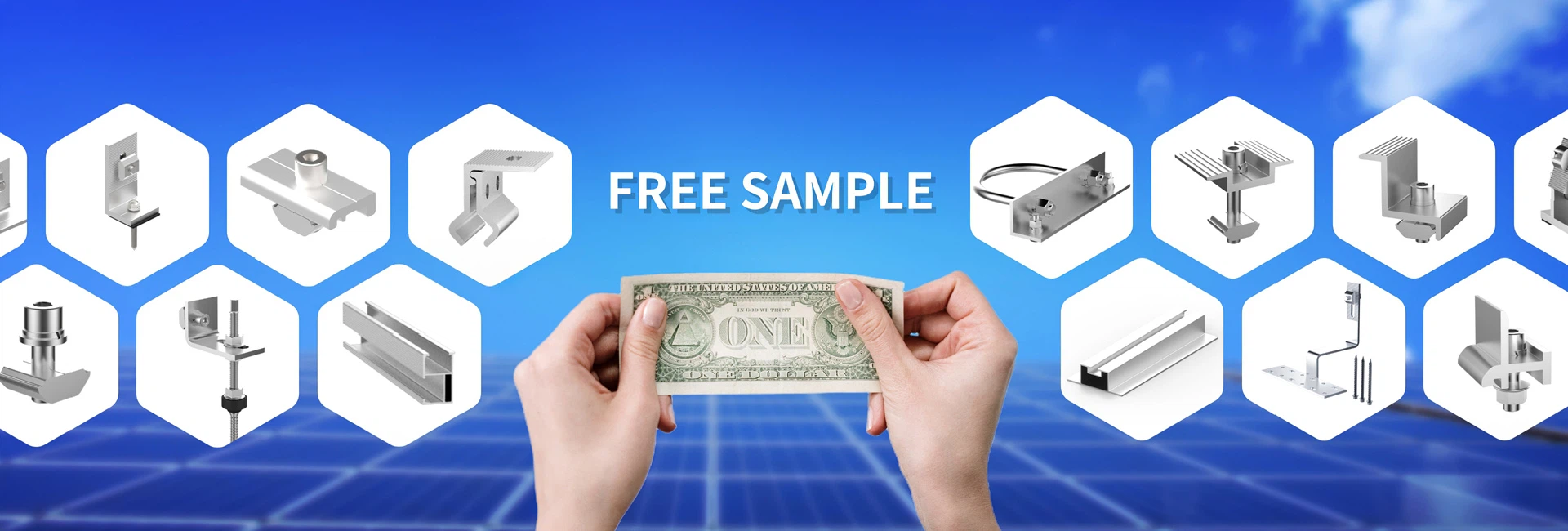Pros and Cons of Off-Grid Solar Systems
May 27, 2020
What Are the Advantages and Disadvantages of an Off-Grid Solar System?
Disconnecting from a local utility company and going off-grid definitely poses appealing benefits to the homeowners. However, it can also provide a few setbacks that will make them question if an off-grid solar system is the right choice for them. In order to balance all the good things and bad things about this kind of system, here are its most common advantages and disadvantages.
Pro #1: Independence
Once you choose to go for an off-grid solar system, you would no longer be subjected to the terms and policies of the utility company. And even better, you won’t have electricity bills ever again. You don’t have to pay for electricity costs anymore, and you’re also 100% insured against rising energy prices. Having that kind of independence can feel really good for a lot of people.
Con #1: Higher Initial Cost
Considering that your system is now independent, you’re going to have to invest quite a lot to get an off-grid system that will actually work. This means buying additional components such as solar batteries, solar inverters, and solar charge controllers. Because of this, the initial cost of installing an off-grid is really high, and that alone is enough to make people turn away from this type of power system.
Pro #2: Big Monthly Savings
However, even though the initial costs are high, having a larger supply of renewable energy, such as an off-grid solar system, will save you money in the long run. Of course, the amount of money that you will save will vary, depending on where you live and what kind of solar system you own. That said, a safe estimate is that the typical off-grid homeowner saves around $20,000 a month, for over 20 years in most states.
Con #2: Limited Solar Energy Storage
Solar batteries cost a lot of money, and you will also need huge ones so as to properly store energy for future use. Because of this, your off-grid system will have limited solar energy storage. Even if you have a backup generator, the energy storage is still limited, and you may run out of stored electricity, especially when the days are not as sunny as usual.
Pro #3: No Blackouts
One great disadvantage of grid-tied power systems is that when your neighbourhood has no power, you also will have no power. But when you’re off-grid, you won’t have to face that problem anymore. When you have an off-grid solar system, you will still have power even when the other houses don’t have.
Con #3: Energy Efficiency Is A Must
When you choose to go off-grid, you need to bear in mind that you have now an added responsibility of making sure your system is still efficient. It is up to you to maintain the efficiency of the energy system, and the maintenance might cost you some extra money. Basically, you have to be careful and mindful when you’re off-grid. This is because when it fails, it will entirely be your problem, not the local utility company’s.







